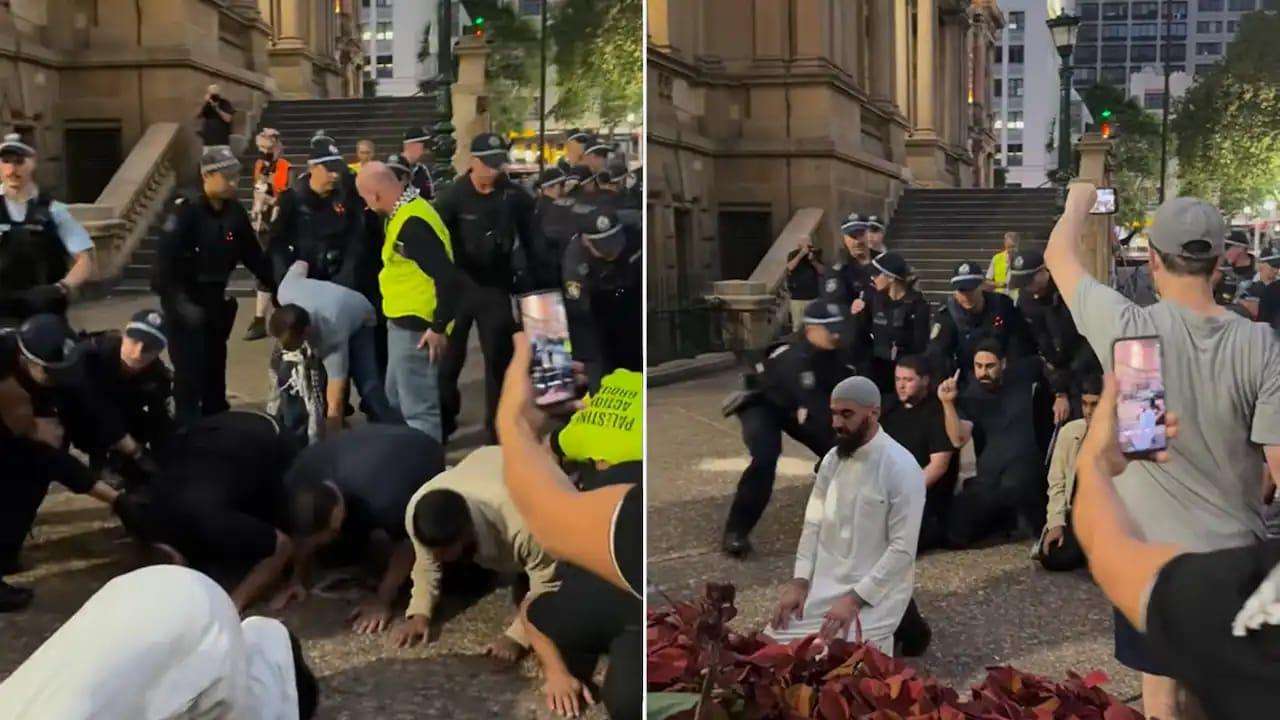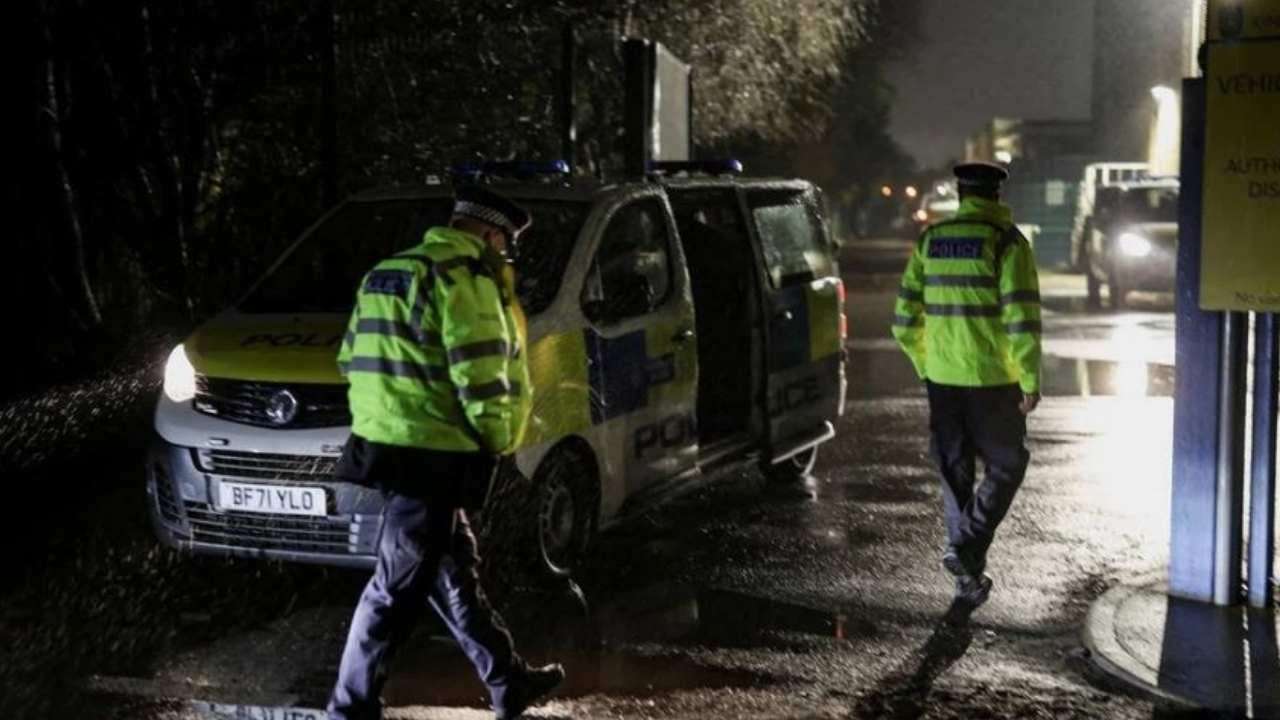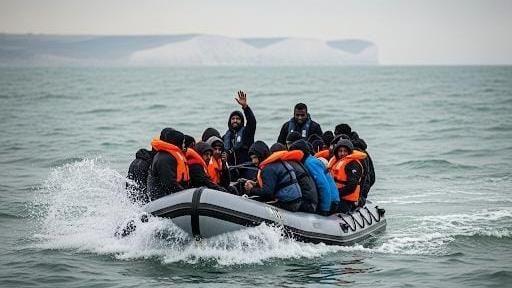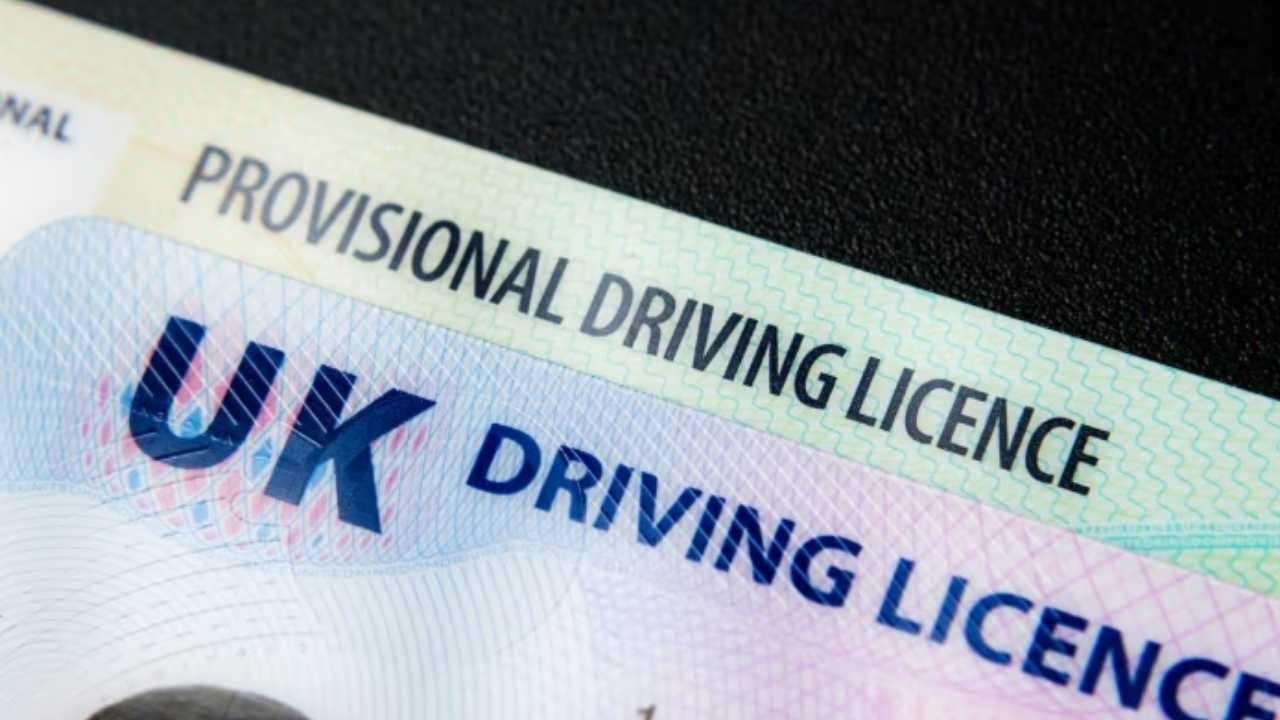In a bold and controversial move, newly appointed Home Secretary Shabana Mahmood has put countries on notice: cooperate with migrant returns or face visa sanctions. On her third day in the role, Mahmood announced that the UK is considering a hardline policy of suspending visas for countries that refuse to take back their citizens who have arrived in the UK illegally. This strategy is part of a broader, "whatever it takes" approach to tackle the record number of small boat crossings in the English Channel.
Mahmood's declaration comes as the number of Channel migrants has surpassed 30,000 this year, reaching a new milestone in record time. This ongoing crisis is putting immense pressure on the Labour government, which is also facing political challenges from the right-wing Reform UK party led by Nigel Farage. Reform UK has pledged to use similar sanctions to secure migrant returns, a policy that Mahmood insists is a "Labour government with Labour policy."
The Home Secretary's plan involves close collaboration with the UK's "Five Eyes" intelligence-sharing allies—the United States, Australia, Canada, and New Zealand—to take coordinated action. This would likely involve a collective approach to pressuring non-cooperative nations. The UK already has returns agreements in place with a number of countries, including Albania, India, Pakistan, Vietnam, and France, but this new policy is intended to expand and enforce these deals more aggressively.
Read also: UK migrant crossings hit record 30,000
Mahmood is also preparing to introduce a domestic crackdown on asylum accommodation. She's working with the Ministry of Defence to identify military barracks and other Ministry of Defence sites to house asylum seekers, with the goal of moving them out of expensive hotels. Defence Secretary John Healey confirmed that military planners are currently scoping out potential locations. This move is a direct response to public and political pressure, as protests have taken place outside of hotels used for migrant accommodation throughout the summer.
Potential Outcomes and Analysis
Mahmood's proposed visa suspension policy is a high-stakes gamble with significant potential consequences. While the policy aims to deter illegal migration and put pressure on countries of origin, it could also have serious diplomatic and economic repercussions.
- Diplomatic Fallout: The unilateral suspension of visas could be seen as a hostile act by targeted countries, potentially straining diplomatic relations. This could lead to a breakdown in cooperation on other issues, from trade to security. Countries could retaliate by suspending their own visa schemes for UK citizens or imposing other sanctions.
- Economic Impact: Visa restrictions can have a substantial negative effect on trade, tourism, and foreign direct investment. Research suggests that imposing a unilateral visa restriction can lower bilateral trade by as much as 16% and foreign direct investment by up to 33%. For both the UK and the targeted nations, this could be a significant financial blow. The move could also hinder the flow of skilled workers and students, which are crucial for the UK economy.
- Humanitarian Concerns: Critics argue that such a policy could push vulnerable people toward even more dangerous methods of seeking asylum. The UN Refugee Agency has consistently warned against policies that could make it harder for people fleeing persecution to find safety. Suspending family reunion applications, which the Home Office is also reviewing, could exacerbate the situation, leaving families separated and in peril.
- Legal Challenges: Any policy aimed at mass visa suspension could face legal challenges on human rights grounds, particularly if it's seen as a collective punishment of an entire nationality for the actions of a few. The UK's adherence to international law and human rights conventions will be under intense scrutiny.
Ultimately, the success of Mahmood's policy hinges on whether it can force countries to accept returns without causing a cascade of negative economic and diplomatic consequences. The government is betting that a hardline stance, coordinated with its key allies, will be effective in solving the small boats crisis and reassuring a public concerned about border control.








.svg)

_2.jpg)
_4.jpg)
